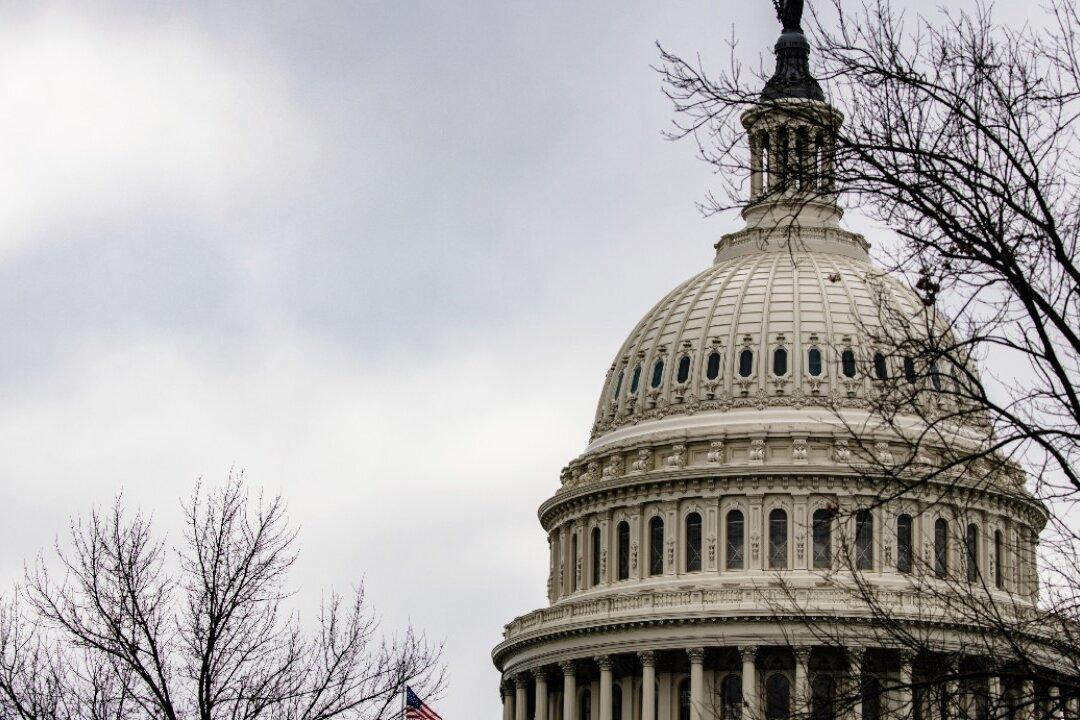With Republicans back in the majority, the U.S. House of Representatives on Jan. 31 passed a series of bills related to the COVID-19 pandemic and vaccines.
The GOP majority in the lower chamber took up two COVID-19 bills on Tuesday, with many others still on the docket for possible consideration later this year.





